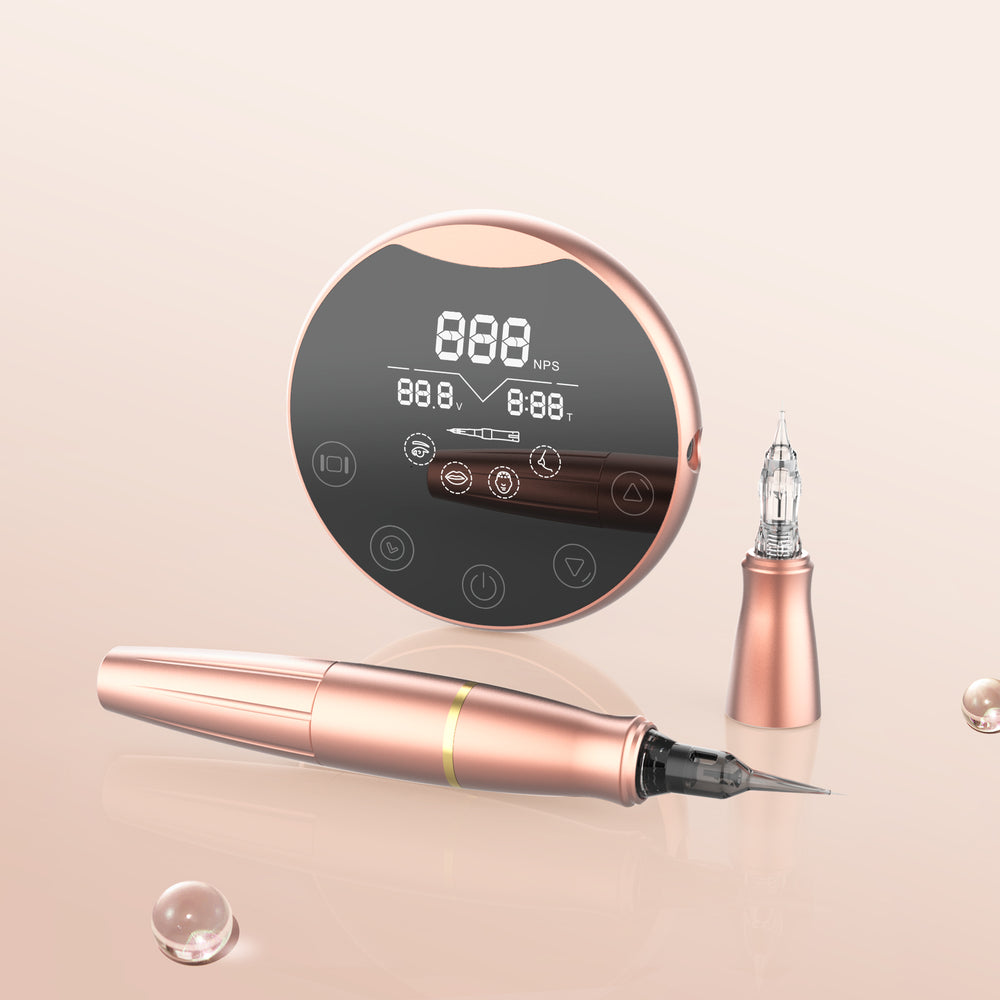The Science Behind Skin Markers: Understanding Their Composition and Purpose
Skin markers are fascinating indicators of our skin's health and condition. They can reveal a lot about our overall well-being, making them essential for both dermatologists and skincare enthusiasts alike. But what exactly are skin markers, and why should we pay attention to them? 
What Are Skin Markers?
Skin markers refer to various characteristics or features on the skin that can indicate underlying health conditions or changes in skin health. These markers can include:
- Freckles
- Age spots
- Acne scars
- Wrinkles
- Skin tags
Each of these markers serves a unique purpose and can provide insights into our skin's aging process, sun exposure, and even genetic predispositions.
The Composition of Skin Markers
Understanding the composition of skin markers is crucial for anyone interested in skincare. Skin markers are primarily composed of:
- Melanin: This pigment is responsible for the color of our skin and can lead to the formation of freckles and age spots.
- Collagen: A vital protein that maintains skin elasticity; its depletion can result in wrinkles.
- Keratin: A protein that helps protect the skin, often leading to the formation of skin tags when produced in excess.
These components interact with various environmental factors, such as UV exposure and lifestyle choices, influencing the appearance of skin markers.
Why Are Skin Markers Important?
Skin markers play a significant role in skincare and dermatology. They can help identify:
- Sun damage
- Signs of aging
- Potential skin conditions
For instance, the presence of numerous skin tags may indicate hormonal changes, while an increase in age spots can signify prolonged sun exposure. By monitoring these markers, individuals can take proactive steps in their skincare routines.
How to Care for Your Skin Markers
To maintain healthy skin and manage skin markers effectively, consider the following tips:
- Use sunscreen daily to protect against UV damage.
- Incorporate antioxidants into your skincare routine to combat free radicals.
- Stay hydrated and maintain a balanced diet rich in vitamins.
By following these guidelines, you can help preserve your skin's health and minimize the appearance of unwanted skin markers.
For those interested in enhancing their skincare routine, consider exploring high-quality products that cater to your specific needs. You can find an array of skincare supplies at  . .
Conclusion
In summary, skin markers are not just superficial indicators; they provide valuable insights into our skin's health and overall well-being. By understanding their composition and purpose, we can make informed decisions about our skincare routines. Remember, taking care of your skin is an investment in your health and beauty.
|